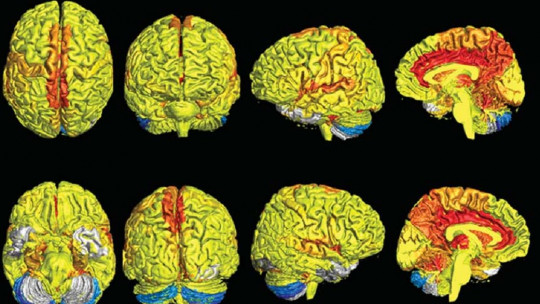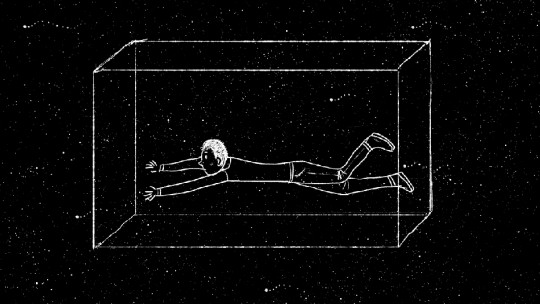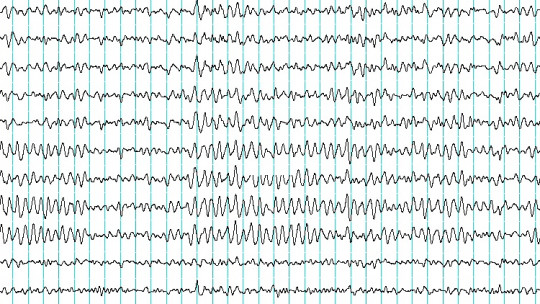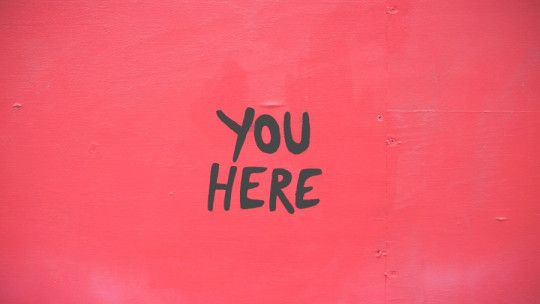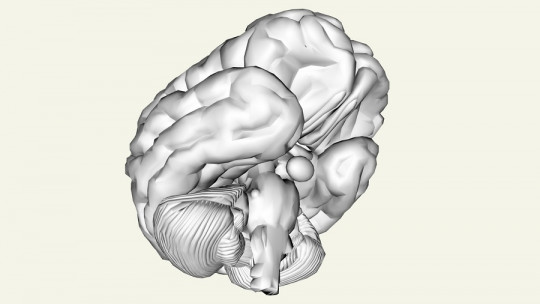
Who doesn’t like to stay in bed a little longer in the morning or take a nap after eating to regain strength?
If we were asked if there are differences between men and women in the amount of sleep we need, and if we were asked which of the two groups would need more sleep, surely many of us would not imagine that science would end up discovering that there are differences between both sexes in this sense. According to recent research, Women need more sleep for better health and well-being
Women need more sleep to be healthier
But does this mean that women are lazier than men? Obviously not.
The study seems to indicate that, to recover from fatigue caused by daily activities, Women need to sleep 20 more minutes a day So, with this in mind, if you are a man and you sleep next to a woman at night, when you get up in the morning, it is worth just in case to let her rest a little more than you before waking her up.
What did the investigation consist of?
The research was carried out by the Center for Sleep Studies at Loughborough University, in the United Kingdom, and also concluded that, The more an individual uses their brain during the day, the more hours of sleep they need to recover
It seems that, since women tend to take charge of different tasks, alternating between work, childcare, housework, shopping… These activities involve a great expenditure of energy for the brain, which is why they need sleep. further. In contrast, men, who even today tend not to take care of domestic tasks as much, have less mental exhaustion.
However, Does that mean that men are lazy? The truth is that no. According to the director of the study, Professor Jim Horne, “The reason for this is that women’s brains are much more complex than men’s.” And he concludes, “a woman’s brain is wired differently than a man’s and that is why she has a greater capacity for concentration that allows her to be aware of several things at the same time.”
According to several studies, on average, an individual needs to sleep between 6 and 8 hours to recover from day-to-day life and the exhaustion of the activities carried out throughout the day. In addition, scientists have also found that insomnia in women is associated with high levels of distress, depression and anger.
How do you know if you are not getting enough sleep?
Insomnia brings with it serious negative consequences for the person who suffers from it, as well as the presence of psychological disorders associated with inadequate rest.
Unfortunately, this is common in the times we live in, and Many people experience this situation that can cause serious problems for their health But what are the warning signs when we don’t get enough sleep? Below you can find a list of 7 signs that warn you that you are not sleeping the necessary hours:
1. Irritability and depression
Various research has confirmed that lack of sleep can lead us to suffer from depression and to be more irritated and in a worse mood than usual. According to a study conducted by the University of Pennsylvania, Participants who slept 4.5 hours a day over a period of one week showed a higher level of stress irritability, sadness and psychological and emotional exhaustion.
2. Difficulty making decisions
Lack of sleep can cause concentration problems and can affect our mental clarity That is why, both in study and at work, lack of sleep can cause us to make wrong decisions.
3. Problems with memory
Attention is essential when storing memories and learning, so If we do not get enough sleep this mental faculty can be affected Sleeping between 6 and 8 hours a day is enough to be alert and to make the most of our memory capacity.
4. Vision problems
By sleeping little, the eyes become more fatigued, so they are not properly cleaned and refreshed. This has negative consequences on the quality of vision n
5. Less desire to have intimate relationships
The desire to have intimate relationships is affected by a lack of rest, because people who do not get enough sleep are more exhausted, sleepy and, in addition, have higher blood pressure
6. Increases the desire to eat more
Lack of sleep creates an imbalance in our body, which causes appetite to increase. This is due to anxiety caused by insomnia, which leads a person to eat more foods, especially those high in fat.. This can lead to an increase in adipose tissue
7. Increased stress
Lack of sleep causes our stress tolerance to decrease Additionally, after a bad night, levels of cortisol, a hormone related to stress, increase.
You can delve deeper into these points in our article: “7 psychological signs that indicate you are not getting enough sleep”
The benefits of taking a nap
Napping provides many benefits for both health and productivity at work.
That is why different companies such as Google, Nike, AOL or The New York Times They give their workers time so they can enjoy this typically Spanish custom in the same workplace where they perform their professional duties. Taking a nap helps you regain energy, be in a better mood, improve learning, improve memory capacity and work better.
Do you want to know more about the benefits of napping? In our article “The 3 psychological benefits of napping” you will find all the information you need.

